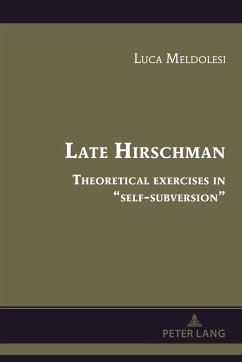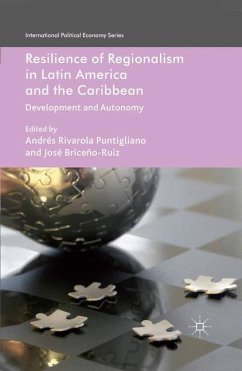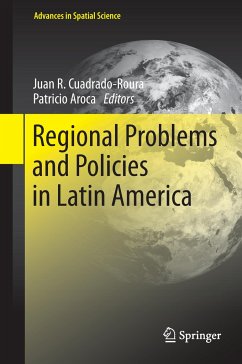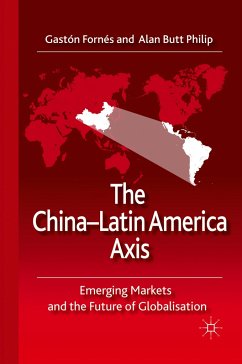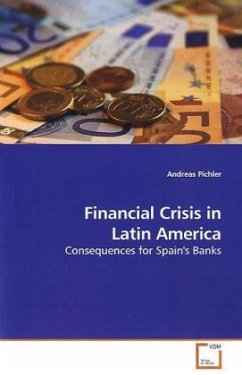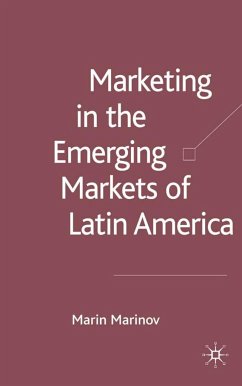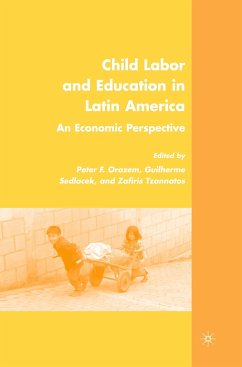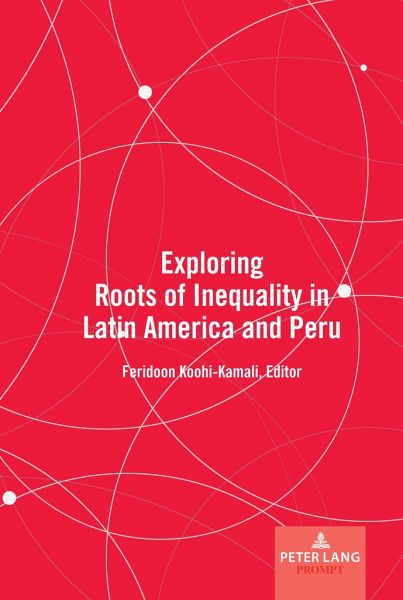
Exploring Roots of Inequality in Latin America and Peru
Versandkostenfrei!
Versandfertig in 6-10 Tagen
44,65 €
inkl. MwSt.
Weitere Ausgaben:

PAYBACK Punkte
0 °P sammeln!
This book explores Latin American inequality broadly in terms of its impact on the region's development and specifically with two country studies from Peru on earnings inequality and child labor as a consequence of inequality for child labor. The first chapter provides substantial recent undated analysis of the critical thesis of deindustrialization for Latin America. The second chapter provides an approach to measuring labor market discrimination that departs from the current treatment of unobservable influences in the literature. The third chapter examines a much-neglected topic of child lab...
This book explores Latin American inequality broadly in terms of its impact on the region's development and specifically with two country studies from Peru on earnings inequality and child labor as a consequence of inequality for child labor. The first chapter provides substantial recent undated analysis of the critical thesis of deindustrialization for Latin America. The second chapter provides an approach to measuring labor market discrimination that departs from the current treatment of unobservable influences in the literature. The third chapter examines a much-neglected topic of child labor using a panel data set specifically on children.
The book is appropriate for courses on economic development and labor economics and for anyone interested in inequality, development and applied econometrics.
The book is appropriate for courses on economic development and labor economics and for anyone interested in inequality, development and applied econometrics.





